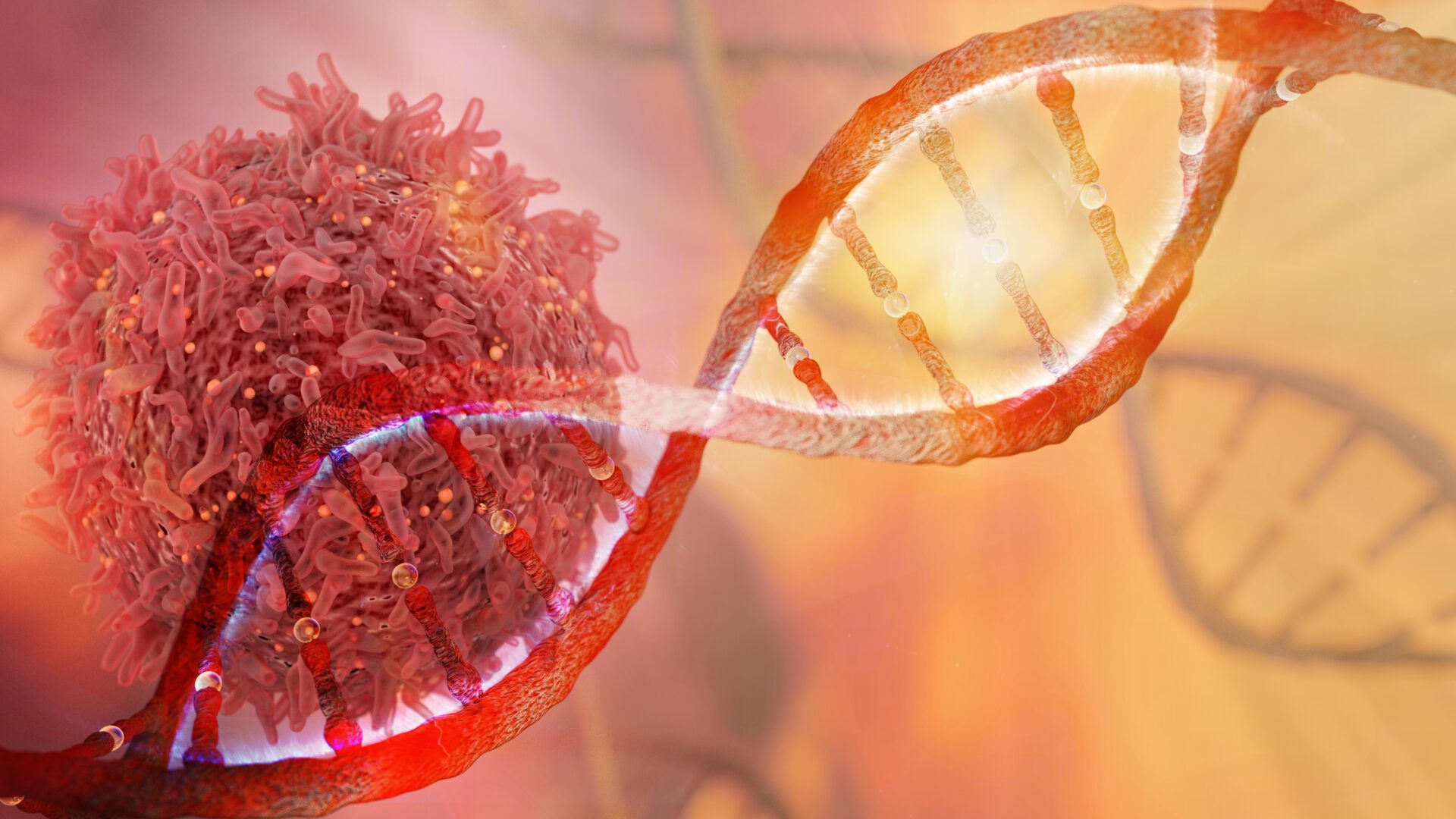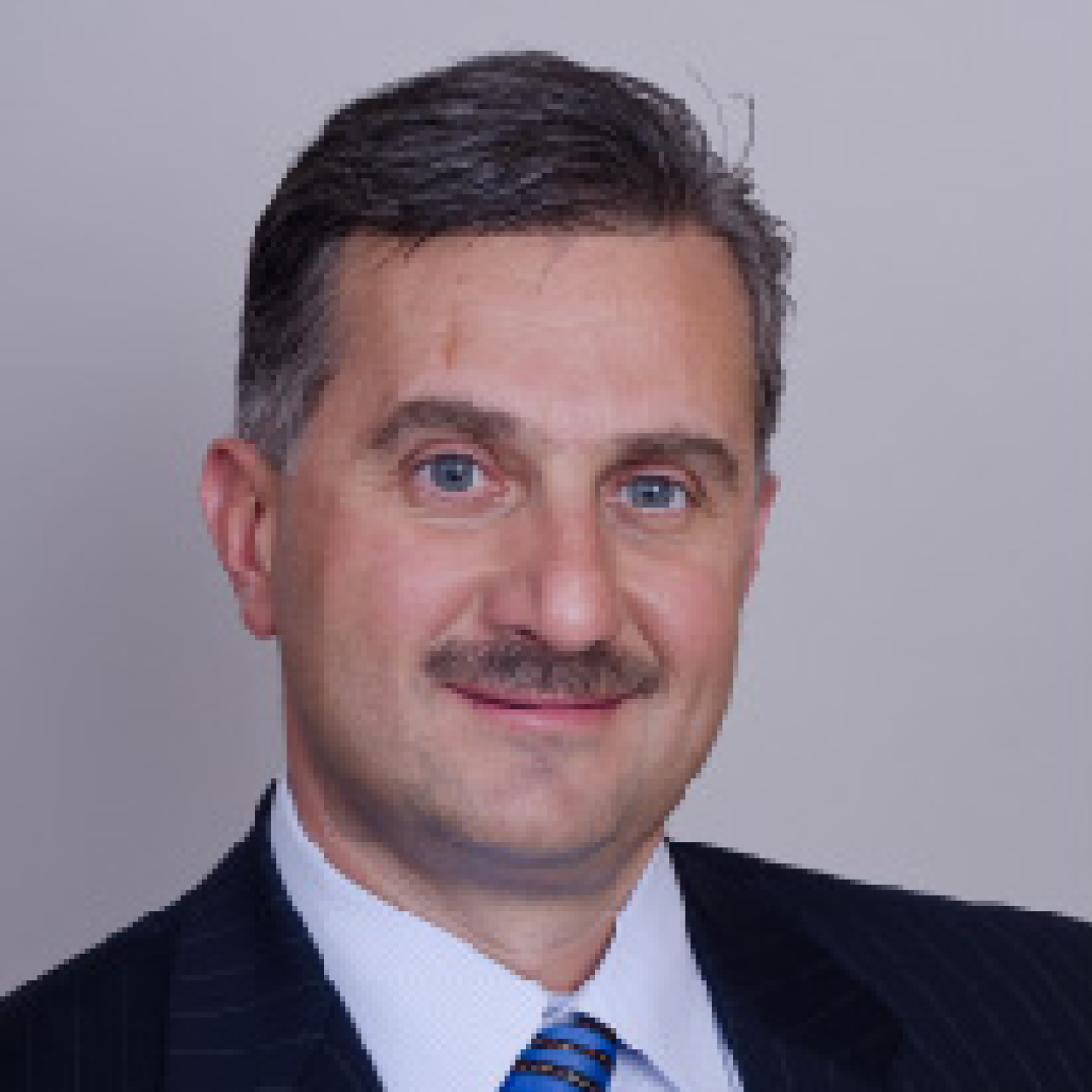Houston, Texas
Medical Oncology & Hematology
Medical Oncology & Hematology Doctors
Millennium Physicians Oncology team consist of 13 Medical Oncologists that provide the necessary treatment to improve the quality of life for patients. Our physicians use the latest, most effective medications available to eliminate cancer cells. Millennium Physicians is QOPI certified. This achievement demonstrates a commitment to excellence and ongoing quality improvement in the Oncology practice.
At Millennium Physicians, each patient has a dedicated team of cancer experts who work together with all under one roof to design an individualized treatment plan, monitor progress, and adjust when necessary. The oncology team will care for every patient uniquely to determine the best possible treatment.
We have 9 office locations serving Cleveland, Conroe, Cypress, Huntsville, Houston, Kingwood, The Woodlands, Tomball, and Shenandoah. These locations also have infusion suites to serve you close to home, allowing us to deliver care that is efficient and convenient as possible.
Our oncology nurses are specially trained and dedicated to providing you with compassionate and understanding care throughout your treatment. Treatment regimens can vary widely, from a single injection to a 6-8 hour session. Therefore, it's important to arrange transportation to and from your appointment, as you may be unable to drive yourself afterward.
Rheumatic Conditions Treated At Millennium Physicians
**If your condition is not listed please consult with us to determine if our oncology team can see you or triage you to the specific physician**
Advanced Cancer Treatment
Phase 3 clinical trials are trials that have reached the stage where there is no longer any guesswork at dosing or side effects. The efficacy of the chemotherapeutic and supportive care medications has been shown already to be equivalent or superior to stand of care chemotherapy, and it is time to see if they will drive a paradigm shift in cancer care. They drive the future of oncology and we have a plethora of them to enroll in at Millennium. When you are seen and evaluated by one of our specialists, they will be discussed up front and openly and encouraged.
Phase 3 Clinical trials are vital in studying all aspects of oncology. Their goal is in increasing patient quality of life and longevity. In the United States the Food and Drug Administration (FDA) licenses all new chemotherapeutics and supportive care medications and also regulates the phase 3 trials that are enrolling patients. Our licensed trials data is reported appropriately to them and helps us fashion the future of cancer care in the United States and consistently has shown benefit in these areas.
Patients participating in our Phase 3 clinical trials receive access to chemotherapeutic and supportive care and even diagnostic testing that may not be commercially available for years.
Click here to see the available clinical trials we have to offer.
Cytotoxic chemotherapeutics have been a cornerstone of chemotherapy regimens for decades, as they directly interfere with cancer cells' ability to divide, grow, and spread. These drugs, whether taken orally or administered intravenously (IV), are transported throughout the body via the bloodstream. Cancer cells, even just one or two, require nutrients through the body's bloodstream. They also produce chemicals that trigger neighboring arteries to generate new branches to support their growth. This results in a disproportionate number of blood vessels compared to neighboring tissues, leading to an increased blood supply. Consequently, the delivery of all chemotherapy drugs to the cancerous tissue is significantly enhanced, which can effectively lead to the demise of the cancer cells.
Cytotoxic chemotherapeutics can be used not only to target and destroy the main tumor but also to seek out and eradicate other, smaller cancer cell clusters that may not be visible on initial scans. Additionally, these drugs can often be used in smaller doses that do not cause noticeable side effects to enhance the effectiveness of radiation therapy, resulting in improved cure rates.
Cytotoxic drugs affect all rapidly dividing cells, including healthy tissues. The cells most vulnerable to injury are those of the gastrointestinal lining and the bone marrow. However, chemotherapy dosing schedules are designed to allow these tissues to fully recover before the next chemotherapy dose. Because cancer cells divide at a much faster rate than normal cells, they are particularly sensitive to chemotherapeutic drugs. This sensitivity allows for an intensive dosing schedule with breaks that allow the body's cells to recover while still effectively targeting and killing cancer cells with each subsequent cycle of chemotherapy.
Hormonal therapy, also known as endocrine therapy, is used to treat many types of cancers, including breast and prostate cancer, by targeting cancer cells that have receptors for growth triggered by the body's own hormones. These cancers have receptors for growth that are activated by hormones produced by endocrine glands. Unlike other glands that have ducts, endocrine glands release hormones directly into the bloodstream. These hormones flow directly to the tumor and bind to receptors on the surface of cancer cells, stimulating their growth. Hormonal therapy, whether administered intravenously, orally, or intramuscularly, works by blocking the cancer cells' ability to receive these growth signals.
Numerous cancer types that rely on hormones for growth may be treated with hormonal therapy. Therefore, many patients may be offered this type of treatment. In cases where cancer has spread widely, hormonal therapy may be used to directly target and kill the cancer cells. This approach is often associated with a better quality of life and higher response rates compared to traditional chemotherapeutic agents. Hormonal therapy may also be employed to prevent cancer recurrence following other curative treatments such as chemotherapy, surgery, or radiation. In these cases, it may be administered intramuscularly or orally for several years, and patients often experience an excellent quality of life with minimal side effects.
Hormonal therapy can be used before, during, or after other cancer treatments. When administered before other therapies, it is referred to as neoadjuvant therapy. When used in conjunction with other treatments, it is called concurrent therapy. Finally, when given after other treatments to prevent recurrence, it is termed adjuvant therapy.
Immunotherapy is revolutionizing oncologic care and has rapidly gained prominence in the last five years. Here at Millennium Oncology, we are at the forefront of this movement, advocating for its comprehensive utilization. Immunotherapy targets specific substances released by cancer cells into the bloodstream, which effectively suppress the body's natural defense against cancer: the immune system. . The cells that are inhibited by these substances are known as natural killer cells. By binding to and blocking these substances, the immune system can reawaken the natural killer cells, allowing them to recognize and attack the cancer.
At Millennium Oncology, we prioritize the use of immunotherapies as a frontline treatment and integrate them into later lines of therapy when appropriate. There are various types of immunotherapy, including monoclonal antibodies, cancer vaccines, oncolytic virus therapy, T-cell therapy, and non-specific immunotherapies. Non-specific agents are typically delivery agents paired with a radiation or a potent chemotherapy drug that selectively target cancer cells without harming healthy cells. These are known as conjugates.
Immunotherapy differs from traditional chemotherapy and may have fewer but more varied side effects.. As the body awakens to combat malignancy, it can mistakenly target healthy tissues, similar to autoimmune diseases like Lupus or Rheumatoid Arthritis. Common side effects include diarrhea and hypothyroidism, as the body's immune response may lead to self-attack. While most side effects are manageable with corticosteroids, severe reactions are rare but can potentially limit future use of the drug.
Intrathecal Chemotherapy is a treatment method where anticancer drugs are directly injected into the cerebrospinal fluid-filled space between the thin layers of tissue covering the brain and spinal cord, known as the leptomeninges.
The cerebrospinal space surrounds the spine and brain, containing the clear and colorless cerebrospinal fluid (CSF). This fluid is produced in the two main ventricles of the brain, located in an area called the choroid plexus. CSF acts as a protective buffer around the brain and spinal cord, shielding them from potential injury due to trauma.
Intrathecal (IT) chemotherapy is used to treat cancers that have entered the CSF, not cancers located inside the brain itself. Typical chemotherapy administered intravenously (IV) or orally cannot penetrate the CSF due to the blood-brain barrier, a protective mechanism formed by brain cells wrapping around arteries. This barrier prevents the entry of chemicals into brain tissue creating a sanctuary site for cancer growth. By directly delivering chemotherapy into the CSF, the medication can reach cancer cells in the leptomeninges without necessarily affecting the brain tissue itself. Therefore, IT chemotherapy is exclusively used for diseases involving the leptomeninges and not for cancer within the brain. This targeted approach minimizes potential systemic side effects associated with intravenous (IV) chemotherapy while enabling a concentrated dose of chemotherapy to directly target cancer cells without affecting other tissues.
Intrathecal chemotherapy can be used to treat existing cancer in the CSF or as a preventive measure. It may be incorporated into chemotherapy regimens or administered on an as-needed basis. This method is primarily utilized in lymphoma and leukemia therapies.
Intravesical therapy is a specialized treatment administered exclusively by Oncologists and Urologists This targeted approach involves the precise instillation of either Bacille Calmette-Guerin (BCG) or chemotherapy directly into the bladder via a catheter expertly inserted into the urethra. BCG, an intriguing bacterium, instigates a robust immune reaction within the bladder, prompting the immune system to mobilize and eradicate superficial bladder cancers effectively. Notably, BCG also finds application as a vaccine against tuberculosis (TB). Chemotherapy is administered to directly target and kill cancer cells and is typically considered a second-line treatment after BCG therapy.
Throughout the intravesical therapy procedure, the Foley catheter remains clamped to prevent the medication from escaping. Meanwhile, the patient is instructed to shift positions periodically for up to two hours. This positional change ensures that the therapeutic agents effectively reach and permeate the entire surface of the bladder, optimizing the treatment's efficacy. Once the bladder has been sufficiently exposed to the medication, the Foley catheter is unclamped and drained, and subsequently removed.
This intricate approach of delivering therapeutic agents directly into the bladder greatly minimizes the systemic side effects commonly associated with chemotherapy. By containing the treatment to the localized bladder environment, intravesical therapy significantly reduces the likelihood of adverse effects throughout the rest of the body. This targeted approach ultimately provides patients with a more comfortable and manageable treatment experience.
Molecular therapy is a groundbreaking advancement in cancer chemotherapeutics, particularly through the development and refinement of monoclonal antibodies. These antibodies have been and continue to be meticulously crafted to recognize and selectively target specific proteins found on cancer cells or their surface receptors. By binding exclusively to these specific targets, monoclonal antibodies drastically reduce the risk of toxicity to normal human cells.
Their unique targeting mechanism causes cancer cells to undergo cell death by direct means, while also leveraging the assistance of other normal human proteins, known as complements, to enhance the targeting and destruction of cancerous tissues. The administration of these monoclonal antibodies may vary, including oral or intravenous (IV) routes, depending on the specific agent.
At Millennium Oncology, we fully embrace and implement these pioneering therapies as a standard part of our daily clinical practice. Monoclonal antibodies, once considered a novel innovation, have now assumed an indispensable role in cancer therapy. They serve as frontline treatments, setting the benchmark for efficacy, and continue to be integral components of maintenance therapies, characterized by their minimal toxicity.
Their efficacy in providing targeted treatments underscores their pivotal role in reshaping the field of oncology, elevating them to a cornerstone of cancer therapy and a routine modality at Millennium Oncology. As a result, these antibodies have played a transformative role in the treatment landscape, enhancing our ability to provide more personalized, targeted, and efficacious therapies to our patients.
Radiation therapy is a specialized form of therapy is administered exclusively by the radiation oncologists at Millennium Oncology, who possess a deep expertise in the intricate utilization of the latest techniques in the field. Radiation therapy encompasses two primary types: external beam (teletherapy) and internal radiation therapy (brachytherapy).
External beam radiation therapy is delivered through a sophisticated machine that rotates around the patient's body, emitting radiation through a multitude of ports. This treatment can be highly precise, delivering radiation to tumors with a remarkable degree of accuracy, often with minimal margin for error. Sessions are typically scheduled Monday through Friday and last approximately 15 minutes. The number of treatments required varies depending on factors such as tumor type and therapeutic goals, ranging from a single session to as many as 40. Side effects are generally mild, with fatigue being the most common.
Radiation therapy can take the form of photons or electrons, both of which function by damaging the DNA of cancer cells. This damage inhibits the ability of these cells to divide and proliferate. Notably, radiation also affects non-dividing cells, although to a lesser extent. This therapy's effect is not immediate, with subsequent treatments often being necessary due to the varying stages of cell division. The radiation dose is calculated based on the capacity of surrounding healthy tissues to recover from the treatment, with each type of tissue having a distinct safe lifetime dose. Contrary to popular belief, the fact that a patient undergoes radiation treatment at one site does not preclude them from receiving radiation elsewhere in the future.
Brachytherapy, on the other hand, is delivered internally, either through the placement of a solid radioactive isotope in a specific area or intravenously (IV). The mechanism of action is similar to external beam radiation therapy, but delivered with increased precision and often in fewer sessions.
The effects of radiation therapy may not be immediately apparent, with several days often passing before any discernible impact is seen. Nonetheless, the effects can continue to eradicate cancer cells for weeks to months following the completion of treatment. This form of therapy, therefore, remains a vital tool in the comprehensive arsenal of cancer treatment modalities.
Designed to interact with the targeted tumor directly. They block tumor cell proliferation, instead of killing cells like standard chemotherapy.
What is Hematology?
Hematology is the study of blood in health and disease. It includes problems with the red blood cells, white blood cells, platelets, blood vessels, bone marrow, lymph nodes, spleen, and the proteins involved in bleeding and clotting (hemostasis and thrombosis). A hematologist is a medical doctor who applies this specialized knowledge to treat patients with blood conditions.
At Millennium Physicians, hematologists, medical oncologists, and radiation oncologists work as a multi-disciplinary team to provide individualized treatment plans for patients with blood cancers like leukemia, lymphoma, and myeloma.
Blood cancers typically start where blood is produced in the bone marrow. The normal blood cell development process is usually disrupted by an abnormal blood cell or cancer cell. These cells prevent your body from normal functions, like fighting infection or excessive bleeding.
When something is wrong with your blood, it can affect your total health. That is why you need to know about some of the common blood disorders that may affect you. People may be affected by many different types of blood conditions and blood cancers. Common blood disorders include anemia, bleeding disorders such as hemophilia, blood clots, and blood cancers such as leukemia, lymphoma, and myeloma.

Myths & Facts About Cancer
Medical Support Programs
You and your family may be faced with making important decisions regarding treatment options. Millennium Physicians is here to meet your needs at these difficult times. Our physicians and team of experts are committed to treating patients in a collaborative and compassionate environment and will be there for you every step of the way. Cancer impacts everyone involved.
Our support programs are designed for patients and caregivers alike, offering tips, tools, and resources to help you and your loved ones in your cancer care journey.

Your cancer care is provided by Millennium Physicians, a practice recognized by a national organization. Millennium Physicians has been certified through the QOPI Certification Program (QCP™), an affiliate of the American Society of Clinical Oncology (ASCO). By choosing a practice that is currently certified by QCP, you know that you’ve selected a practice that is committed to delivering the highest quality of cancer care to you.

To maintain and earn QOPI® Certification, a practice undergoes an on-site review and peer review by a select team of oncology professionals, such as physicians and nurses, at least once every three years. The purpose of the review is to evaluate the practice’s performance in areas that affect patient care and safety. Through an assessment of a practice’s processes and policies, and as well as interviews with its staff, the practice is evaluated. This review fosters excellence in care through self-study and external review by one’s professional peers. Certification is awarded when a practice meets the QCP’s standards.
In order to achieve QOPI® Certification, this oncology practice has participated in QOPI® and met or exceeded a benchmark score on measures that compared the quality of their care against national standards.
Resources
For more information on blood disorders or cancers, visit one of our physicians or refer to one of these resources:











